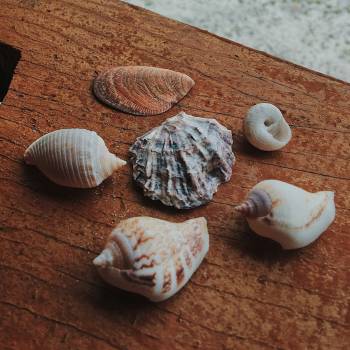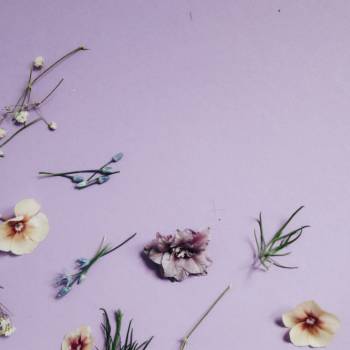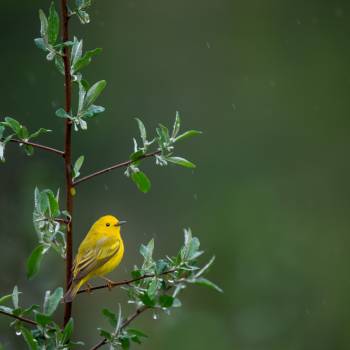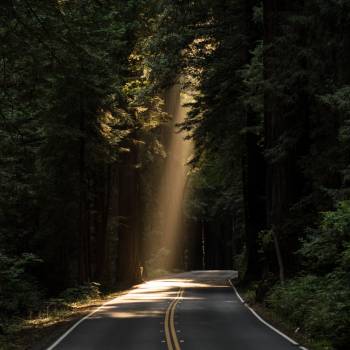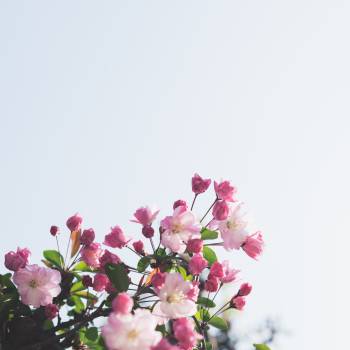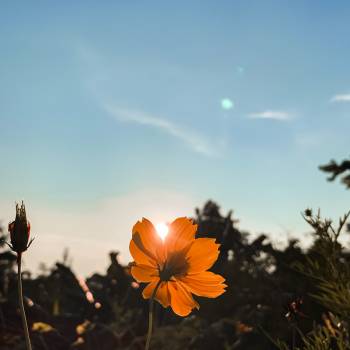بسم الله الرحمن الرحيم
The month of Ramadan has left. And as much as we tried to fully take advantage of it, there were still shortcomings, flaws, and imperfections in our spiritual pursuit to benefit from the blessed month.
But alhamdulillah, Allah subhanahu wa ta'ala is about to grant us another season of khayr (goodness), another huge opportunity for us to work for our akhirah — and that is the first 10 days of Dhul-Hijjah. This is the season of obedience that many of us are unaware of, and thus are missing out on a lot of Allah's blessings that He reserves only for these special days.
What makes the first 10 days of Dhul-Hijjah so special?
🟣 Simply because Allah ta’ala says so.
“By the dawn. By the ten nights.” [Surah al-Fajr 89 : 1-2]
Allah takes an oath by the “10 nights”. In the tafseer of Imam Ibn Kathir rahimahullah, he mentioned that “the 10 nights” in this aayah refer to the first 10 days of Dhul-Hijjah, and such was the opinion of many companions and our righteous salaf — may Allah be pleased with them and have mercy upon them all.
🟣 Because good deeds done in these 10 days are more beloved to Allah than any other day in the entire year.
Rasulullah salla Allahu ‘alayhi wa sallam (ﷺ) said: “There are no days during which righteous deeds are more beloved to Allah than these days (i.e. the first 10 days of Dhul-Hijjah).” [Sunan Ibn Majah 1727 | Graded Sahih by Darussalam]
And Sheikh al-Islam ibn Taymiyyah rahimahullah clarified further by saying: “The days of the first 10 of Dhul-Hijjah are more virtuous than the days of the last 10 of Ramadan, while the nights of the last 10 of Ramadan are more virtuous than the nights of the first 10 of Dhul-Hijjah." [Majmu’ al-Fataawa 25/154]
🟣 Because within these 10 days is the day of ‘Arafah (the 9th of Dhul-Hijjah).
Rasulullah ﷺ said: “There is no day when Allah sets free more servants from the Fire than the day of 'Arafah. He draws near and expresses His pride to the angels, and says: What do these people want?” [Sahih Muslim 1348]
Imam an-Nawawi rahimahullah commented that this hadith indicates the importance of the day of 'Arafah. This is the day when Allah, The Most Generous, sets free the most servants from the Hellfire in the entire year — an amount that no one knows except Him subhanahu wa ta'ala!
🟣 Because within these 10 days is ‘Eid (the 10th of Dhul-Hijjah).
And when we say ‘Eid, the first thing that comes to mind is dressing up nicely, attending celebrations, enjoying delicious food; and all of these are halaal alhamdulillah, may Allah bless us all in it.
But something special also comes with it — and that is the greatest day of the year! Rasulullah ﷺ said: “The greatest day in Allah's Sight is the day of Sacrifice.” [Sunan Abi Dawud 1765 | Graded Sahih by al-Albani]
The 10th of Dhul-Hijjah is also known as the day of Sacrifice, because it is the day in which we offer our qurbani (sacrifice) for the sake of Allah.
It is also known as the greatest day of Hajj. When Rasulullah ﷺ stood up on the day of Sacrifice during his Hajj, he ﷺ asked: “What day is this?” They replied: “This is the day of Sacrifice.” Rasulullah ﷺ said: “This is al-Hajj al-akbar.” [Sunan Abi Dawud 1945 | Graded Sahih by al-Albani]
Al-Hajj al-akbar means the greatest [day] of Hajj. It is the best, and most apparent day of the Hajj rituals, during which the largest gathering of the hujjaj confers who establish numerous ‘ibaadah (acts of worship) such as the stoning of the Jamrah, tawaf, sa’ie, and many more.
And for you and I who do not go for Hajj this year, we also have opportunities to reap the huge reward in these 10 blessed days of Dhul-Hijjah. Here are some recommendations, bismillah:
(1) Fix the quality of our obligatory acts of worship, eg. our daily salaah, and our relationship with our parents and family. Always make sure we get our obligatory ‘ibaadah covered before embarking on the voluntary deeds.
(2) Make sincere tawbah and istighfar. Dhul-Hijjah is the last month of the hijri year, and it is a great reminder for us to take stock of our shortcomings and sins. Be honest and ask ourselves: Am I happy with the ‘ibaadah I did this year?
(3) Fast the first 9 days of Dhul-Hijjah (don’t fast on the 10th – that’s the day of ‘Eid). Even though there’s no specific authentic narration of Rasulullah ﷺ to fast in these days, he ﷺ did encourage fasting in general. And if we truly have difficulties to fast on any of these days, then at least fast on the 9th of Dhul-Hijjah because it expiates sins of 2 years.
When Rasulullah ﷺ was asked about fasting on the 9th of Dhul-Hijjah, he ﷺ said: “It expiates the sins of the previous year and the coming year.” [Sahih Muslim 1162]
A simple fast, subhana Allah. For just one single day of fasting, Allah expiates our sins of 2 years — the past, and the coming year. So do your best to fast on the 9th of Dhul-Hijjah.
(4) Make dhikr abundantly even as we walk, drive, or sit at home. It doesn't take much, just a simple mindfulness while we do remembrance of Allah. And the best adhkaar (plural for dhikr) in the first 10 days of Dhul-Hijjah are mentioned in the following hadith:
Rasulullah ﷺ said: “There are no days greater and more beloved to Allah than these 10 days of Dhul-Hijjah, so increase in them:
(1) your declaration of the oneness of Allah (i.e. Laa ilaaha illAllah),
(2) your exaltation of Him (i.e. Allahu Akbar),
(3) and your praise of Him (i.e. Alhamdulillah).” [Musnad Ahmad 5423 | Graded Sahih by Ahmad Shakir]
(5) Increase in doing other voluntary 'ibaadah such as optional salaah, reciting the Qur’an, giving in charity, making supplications, doing da’wah and other good deeds.
(6) Do qurbani on the 10th, the Eid day.
Remember that good deeds done in these 10 days are more beloved to Allah than any other day in the entire year. And it’s only 10 days, brothers and sisters. Just 10 days! While we cannot make up for our shortcomings in Ramadan, we should seize whatever opportunities that come in our way. May Allah accept from all of us.
Your sister in Deen,
Aida Msr
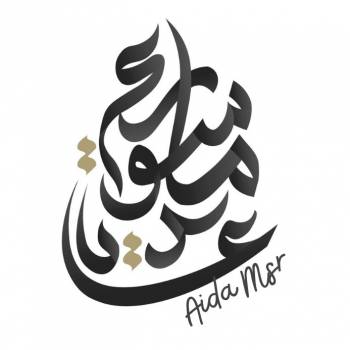 Aida Masuri Mustafa
Aida Masuri Mustafa 